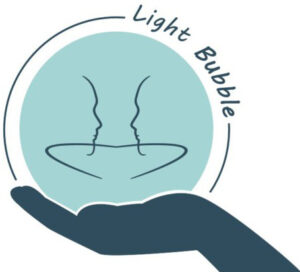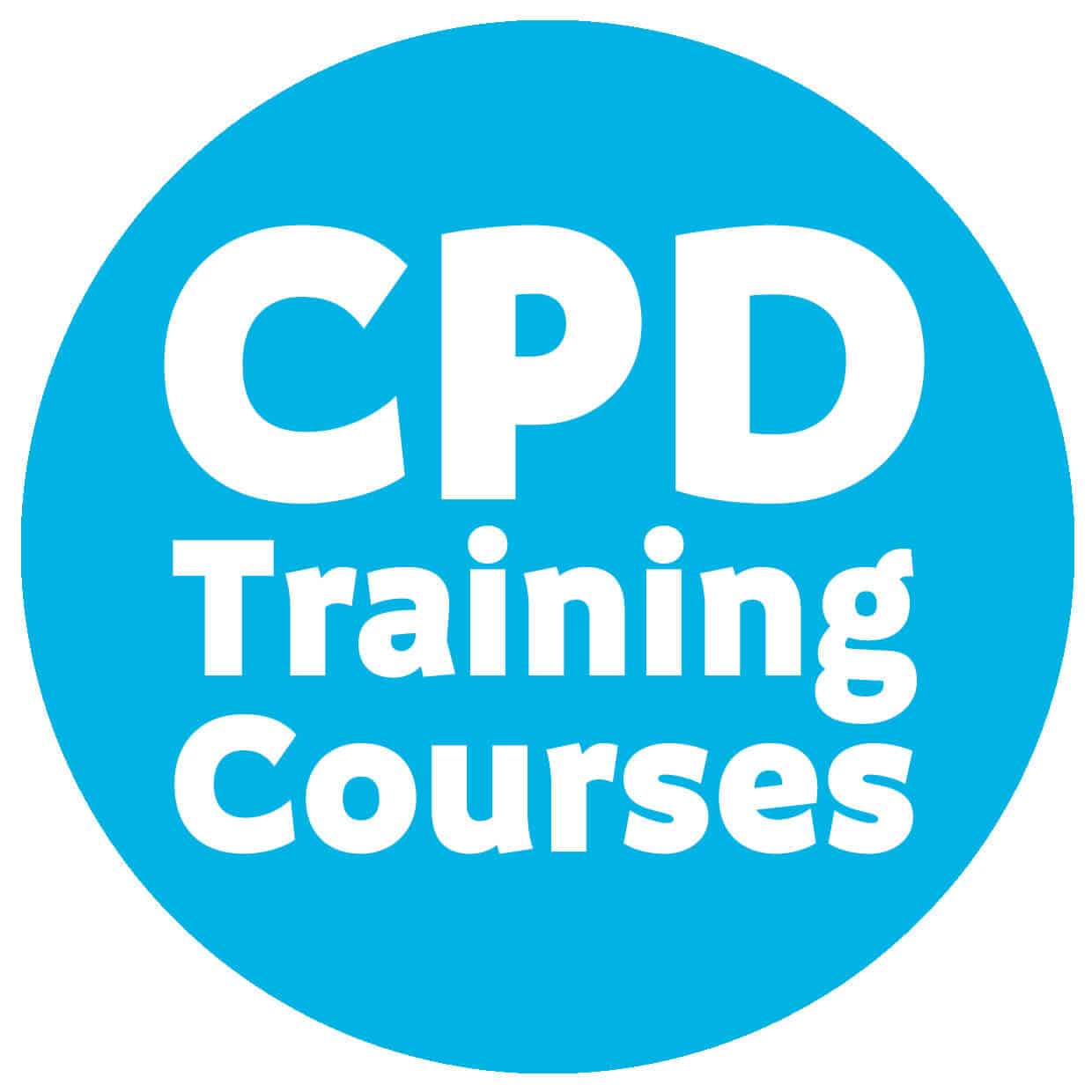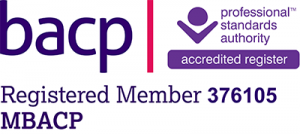training
Continual Professional Development Training
At Light Bubble counselling in Colchester, Essex, we provide the following CPD training for counsellors and trainee counsellors:
–Trauma and PTSD
During the training, we will look at what is a trauma and what is PTSD and what are their triggers. We will look at the practical ways to support our clients overcome the effects or learn to live with them.
We work on the characteristics of DID and its different manifestation and how trauma can prepare the ground to this “coping mechanism”.
– Internal Family Systems
Within the family, each member of the family represents a system. We will look at the way of communication of each system, how each system communicates between the family members and support in the healing of the family tree.
– Sophrology
–Sandtray
Sandtray is an expressive method of therapy which can be used for children and adults. Clients can construct their own microcosm using miniature toys or objects in the sand. This non-verbal and non-directive method is based on Jungian theory and symbolism. Sand tray therapy can help increase emotional expression while reducing the psychological distress that may come from discussing traumatic events or experiences. It also beneficial in other emotional and mental health issues such ADHD, anger management, anxiety, depression, grief and loss, low self-esteem and many others. Children use the sandtray quite naturally to tell their story (to ‘act out’) rather than use ‘talking therapy’ as most adults do, so take to this activity easily.
–Therapeutic Art
This creative therapy uses images rather than pictures, to represent feelings and can be used by all ages. It helps to know that people who say they can’t draw generally do therapeutic art as well, if not better, than traditional artists, because the image doesn’t have to look like anything. It’s about how you ‘feel’. If you could describe your anger, how could you describe it?
A short, guided visualisation followed by a very short time to put the image on paper in whatever way the client wants is all it takes. The skill lies in facilitating the client talking through their image, as they are the only person who knows what it is about. Nobody else can interpret the image and nor should they ever guess. What looks like a house to you might have been their prison. How are you to know? The training will help you to understand how to discover the secrets in the client’s images.
Keep our thoughts in check – Claudia L founder of Light Bubble Counselling



